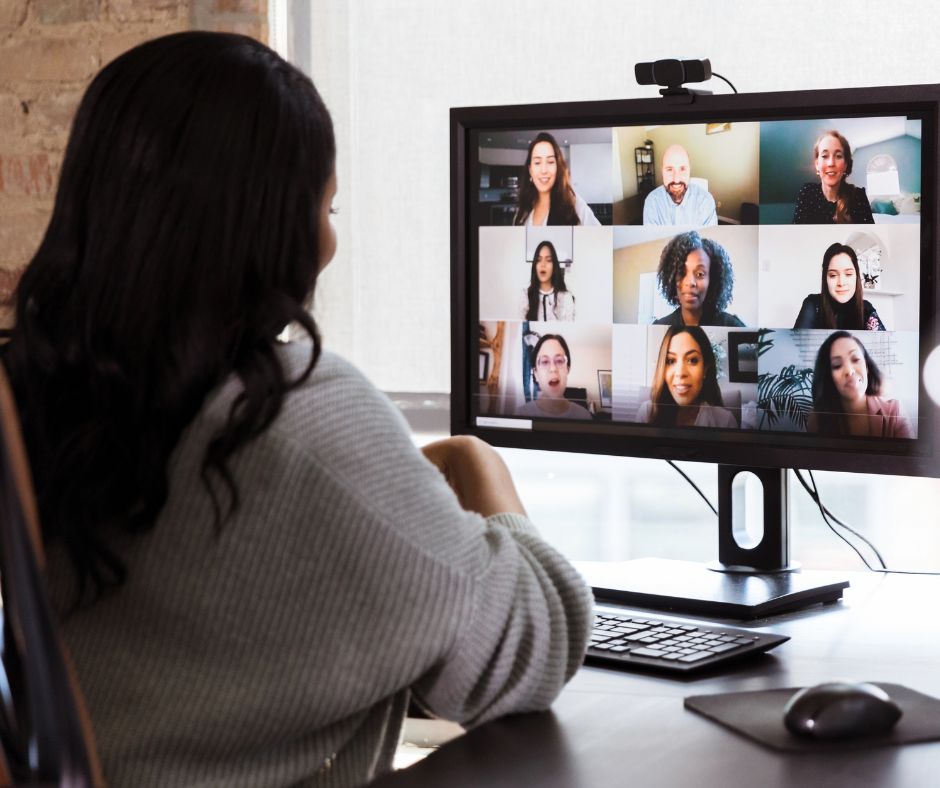What Are CollabTalks?
CollabTalks are interactive zoom meetings hosted by Urban Collaborative and a guest presenter on an issue or barrier that the speaker has worked to remove in their schools to ensure equitable access to all students. If you would like to attend these live, click the button below to see our upcoming CollabTalks!

Prior CollabTalks
Session Description:
The Learning Lab intervention provides a research-based process to bring together local stakeholders and facilitate authentic participation in problem-solving around a system producing inequitable outcomes for students from diverse backgrounds. The Learning Lab also helps schools create and sustain productive partnerships among local stakeholders, which in turn helps renovate school- and classroom-level climate/culture systems. This session will inform participants of the remarkable impact experienced by stakeholders engaged in Learning Labs, discuss the development from research to implementation, and highlight lessons learned.
1) a framework of racial hierarchy premised on Whiteness that has created a standard cultural lens for understanding cognitive abilities, social identities (e.g., gender, sex, sexuality, class, race), behavioral abilities, etc.;
and 2) a framework of cross-cultural skill develop to interrupt that standard cultural lens.